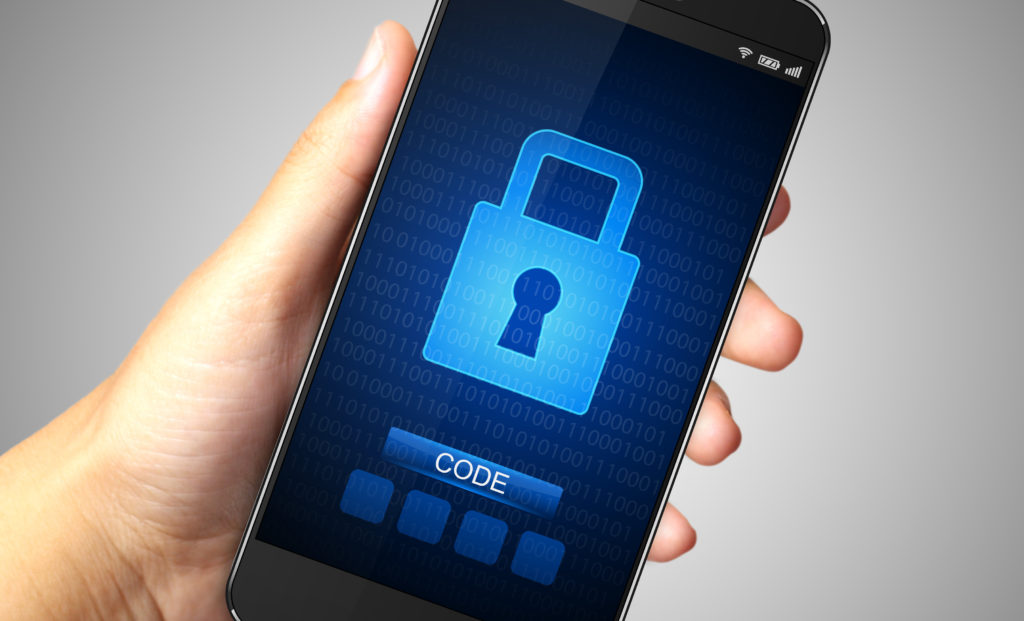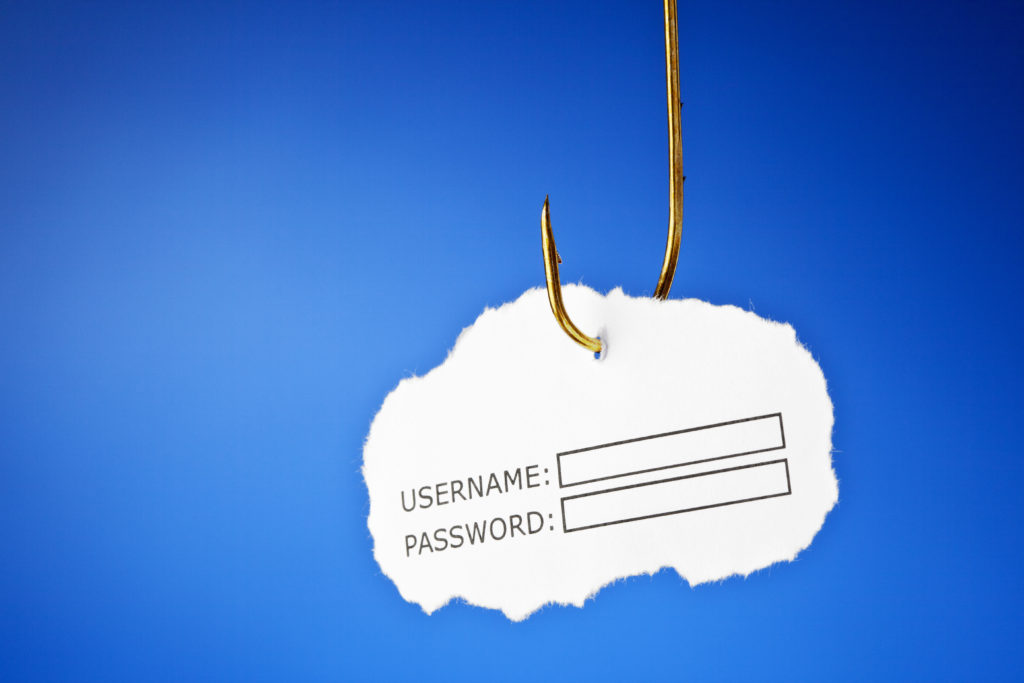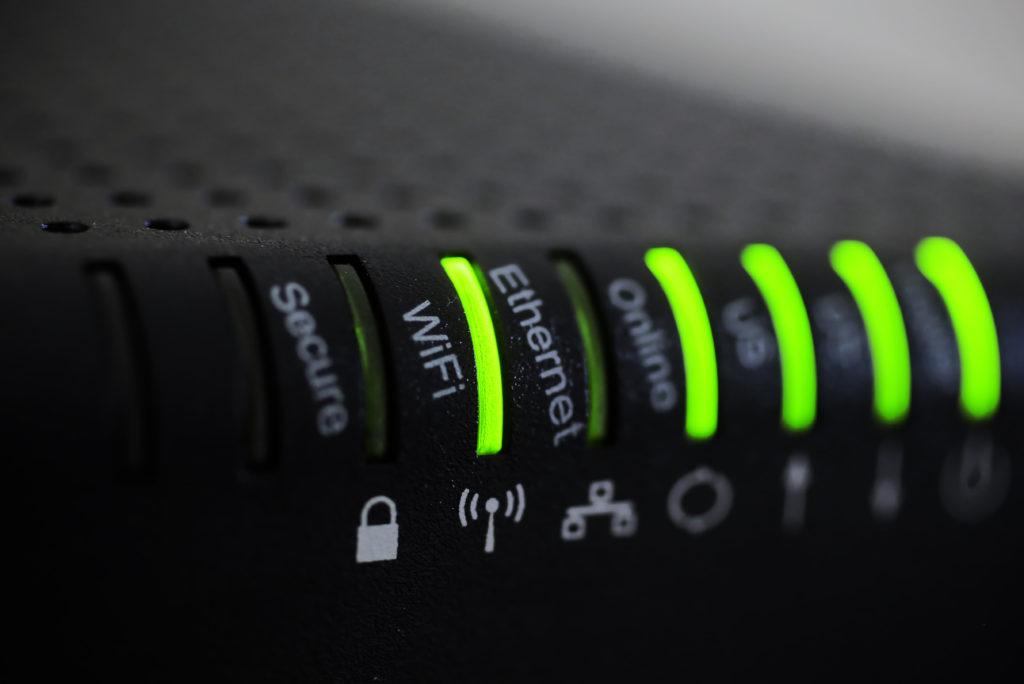When you live in a world that can connect almost every part of your life to the internet, you need to be extra careful to protect yourself and your smartphone from attackers.
Smartphones, watches, laptops, cars, TVs, even kitchen appliances are now able to access the internet to make our lives better; but this connectivity offers an avenue for people to snoop into your life and potentially cause irrevocable damage to your company.
Many companies that now offer tech connected products do not take proper precautions in ensuring that the connectivity is protected at all times. Horror stories are all over the internet of seemingly innocuous gadgets being used for nefarious purposes. Wired highlighted the danger of losing control of your car to hackers, while Smart TVs are being remotely accessed and manipulated by cyber criminals and the problem looks set to get even worse as groundbreaking technology seeps into every part of our life.
But what can you do to protect yourself?
Here at GrowthBusiness, we have put together some top tips to protect your most vital business asset, the smartphone.
Back up all your data and contacts to another device or the cloud
We cannot stress how frustrating it is when your phone crashes and you lose all your phones data, but imagine being held ransom to all your apps, pictures and data from a hacker, with no other way to access everything you need unless you pay them.
Regularly updating your phone and ensuring that you back it up to another source can give you peace of mind if this unfortunate event strikes. It is quick and easy to do, simply by connecting your phone to a trusted laptop and storing all data, or purchasing cloud storage options to ensure that you have two copies of everything important to your personal life and your business.
Protecting sensitive client, customer and business data that may be saved to internal storage is a must for all companies. Most smartphone platforms offer software that can encrypt files or folders on a device with industry-standard protection, which means a code must be entered before a file can be viewed or copied. This also goes for information such as passwords, login details, account numbers and other information that may be saved for access to online banks or merchants.
Much of this software is free to download and use and can work effectively with your phone to provide automated and seamless protection, so there’s very little hassle involved once it’s up and running.
Pin and password protection
If you use a work phone alongside your personal phone to handle all your companies contacts, clients and social interactions, it is important that you value the protection of that phone just as much as your personal one.
Use a pin code or pattern on your lock screen to stop easy access to your phone. Every smartphone has this capability and it is easy to set up. A 2014 study suggested that more than half of Android users did not protect their phone with a pin or password, and while it is safe to say most people have grasped how important it is to use pin codes, it is still an important way to protect yourself from attack.
Most app stores also host apps for third party verification software, allowing you to lock down your phone or other apps until a randomly allocated password is entered. These passwords are changed every 30 seconds and give you an added layer of protection.
Don’t interact with emails or web-links that look suspicious
If you have your emails or company social media accounts on your smartphone, you need to be careful about what links you click on, as the frequency of phishing emails continues to rise. Most phishing emails are now found to be ransomware attempts, posing as your bank, a colleague from the company or a money transfer website claiming they need you to verify account details on your phone.
DO NOT interact with these emails or links.
Most banks will never ask you to input personal data via an email and many third party sites will have a section on their website outlining when, if ever, they will contact you about personal information via email.
An easy way to check this is to scan the email for spelling mistakes, wrong information or a general tone of urgency or haste. You can also directly contact a company or colleague to check to see if the email is legitimate.
Be wary of wireless
It can be extremely easy to connect to a wireless router in a coffee shop or high street when you are out and about and trying not to use your phones data plan. Catching up with a client for coffee and logging onto the closest wifi to show them company data can be extremely dangerous as most public wifi’s are not secure and can be easily exploited.
Turning off settings that allow your phone to automatically connect to a wifi can stop someone from accessing your phone without your knowledge and due care and attention can help you avoid being caught out.
It goes without saying, any suspicious attempts for you to enter passwords or personal data should simply be ignored.










